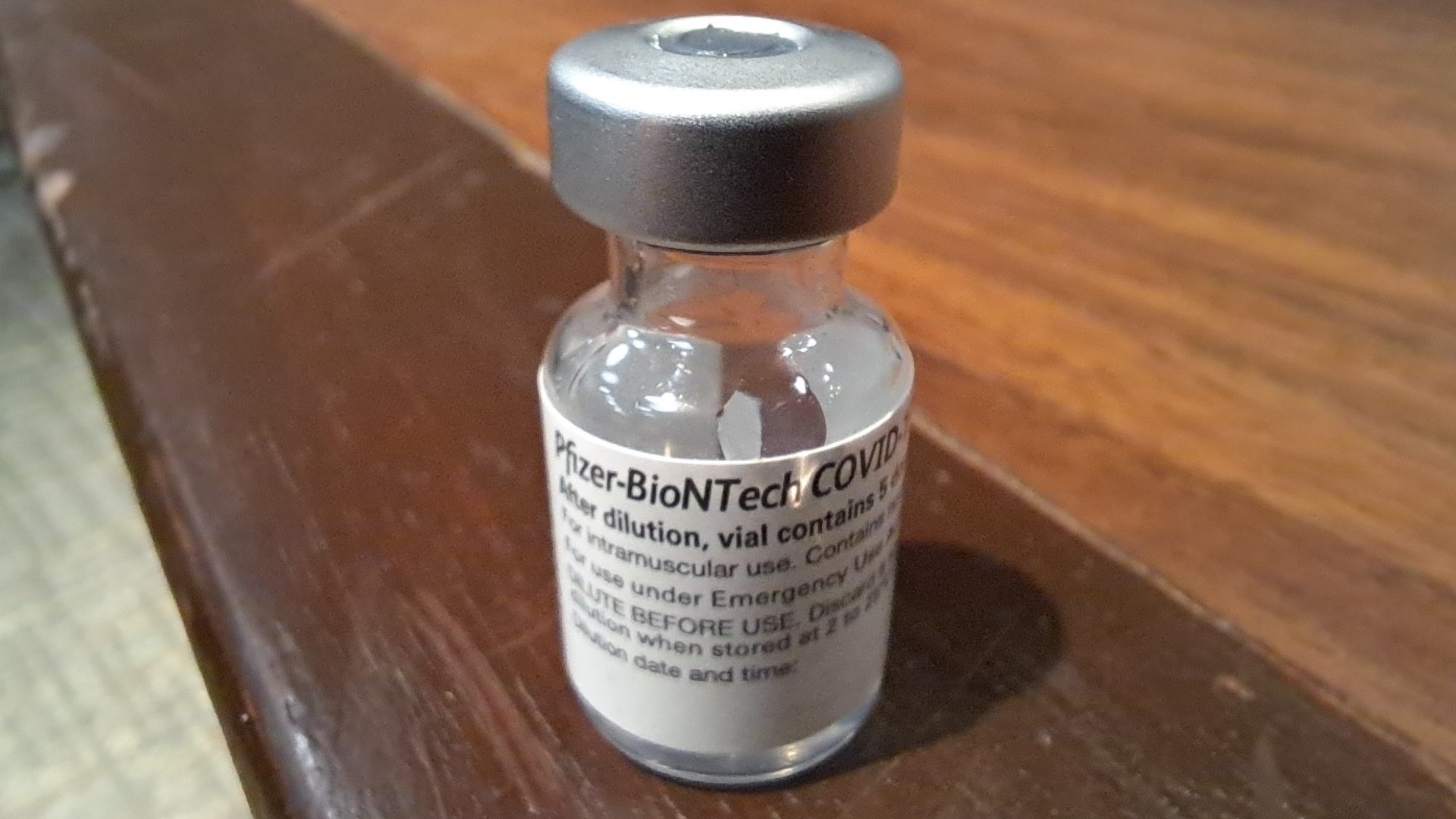COLUMBUS, Ohio — Many 10TV viewers sent us their questions about the COVID-19 vaccine.
Dr. Iahn Gonsenhauser from OSU's Wexner Medical Center talked with 10TV to answer the top five things you wanted to know.
Is there a concern about getting the COVID-19 vaccine shortly after getting my flu shot?
"This is a great question because we want everyone getting their flu shots - that's for sure," Gonsenhauser said. "The guidance that we're getting from the CDC is that 14 days - either after or before another vaccine - is when the COVID vaccine should be delivered. So, if you got your flu vaccine, wait 14 days. If you're getting your COVID vaccine then wait 14 days for your flu shot."
Should I get the vaccine if I already had COVID-19?
"Right now, we are recommending you do. There is some question about how long the natural immunity from being infected from COVID-19 will last. There is some data that indicates the immunity from the vaccine is even better than the natural immunity," he said. "So, right now, the recommendation is that everybody - with the exception of those folks who had an allergic reaction, an anaphylactic reaction, to one of the ingredients in the vaccine - goes ahead and gets it."
Will I have to pay to get the COVID-19 vaccine?
"We are always concerned about hidden health care costs," Gonsenhauser said. "My understanding is because this is a vaccine supplied by the federal government, there will not be a charge for individuals. Don't quote me on that, but that's my understanding at this point."
Do I need to know which COVID-19 vaccine is best for me or can I get any of them?
"We always want our patients to be informed about the risks and benefits of any therapy that they're undergoing. It's our understanding right now, based on the data coming out of the clinical trials, that there really is no specific advantage for any specific population or group of comorbidities for one vaccine versus the other," he said. "They are quite interchangeable. They have very similar efficacy/effectiveness, and very similar side effect profiles as well. So, really no concern about that, but certainly know what type of vaccine you might be getting. It's good to be informed."
Are the vaccines safe?
"Yes, it is - by all accounts right now - safe," Gonsenhauser said. "The one caveat to that is there is a component of the vaccine called polyethylene glycol. If you had an anaphylactic reaction to that, that's the one contraindication to the vaccine. If you had an anaphylactic reaction to that, you will know. We are still keeping a close eye on people just to make sure that somebody with an unknown allergic anaphylactic reaction doesn't have a bad response. That's really the only significant safety risk. For everybody else, it is bearing out to be very. very safe, and also very effective up to 95%."

